Trigger warning: Suicide Awareness
The essence of trauma is being afraid and being alone. Attachment trauma — being wounded in relationships that were supposed to keep us safe — leaves us feeling unseen, unheard, unwanted, misunderstood, rejected, abandoned. Trauma disconnects us.
It makes sense, then, that when someone feels disconnected, cut off, ostracized, or “othered,” the pain is beyond excruciating and the risk for suicide increases. We aren’t created to go through life (and our pain) alone.
Who are the marginalized, the anguished, the ones in our society who feel beyond reach? And what is the pathway back (or perhaps for the very first time) to connection?
